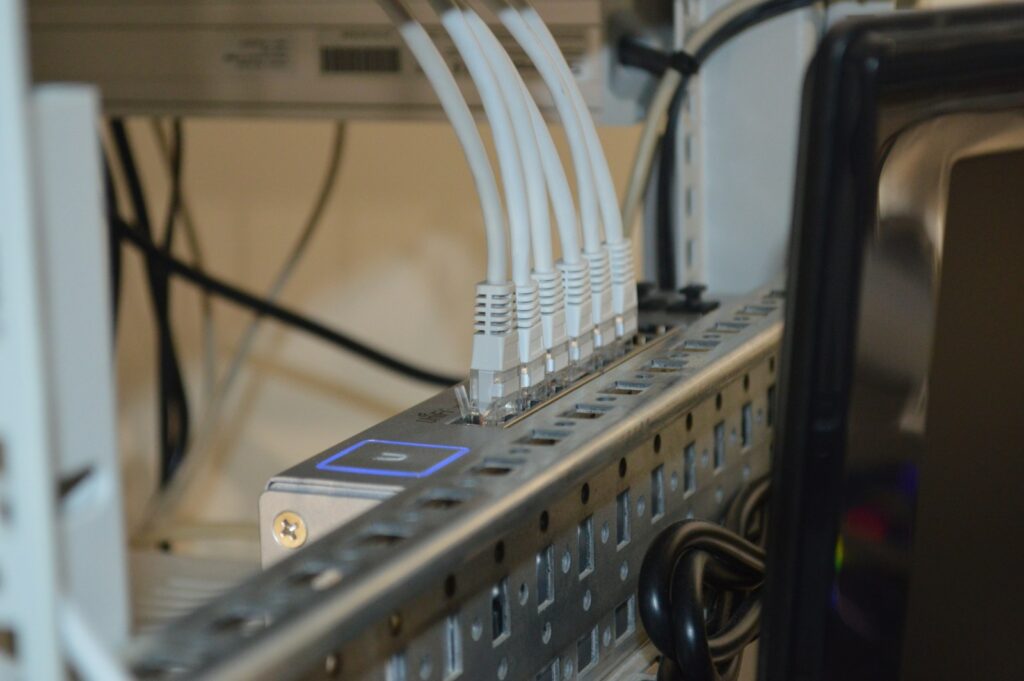Clear Comparison: IPv4 vs IPv6 for Proxy Use

Understanding the differences between IPv4 vs IPv6 has become essential for developers, data engineers, and digital marketers who rely on proxies for scraping, ad verification, and competitive research. With the increasing scarcity of IPv4 addresses and the gradual adoption of IPv6, professionals now face a technical choice that impacts performance, compatibility, and future scalability.
In this article, we will explore what sets IPv4 vs IPv6 apart, when each protocol is best used, and how you can optimize your proxy strategies by choosing the right IP type. Whether you are just getting started with proxy networks or building large-scale data automation, these insights can help you make smarter decisions. We will also look at practical cases and explain how services like ProxyTee support both protocols for seamless integration.
What is the Difference Between IPv4 and IPv6
IPv4 and IPv6 are internet protocol versions used to assign unique addresses to devices on the internet. IPv4 has been around since the early days of the web and uses 32-bit addresses, resulting in about 4.3 billion unique combinations. IPv6, on the other hand, uses 128-bit addresses, allowing for trillions of combinations to accommodate the growing number of connected devices.
Here’s how the formats compare:
- IPv4: 192.168.1.1
- IPv6: 2001:0db8:85a3:0000:0000:8a2e:0370:7334
While IPv6 adoption is still incomplete worldwide, it is increasingly supported by internet service providers, cloud services, and modern software stacks. Many proxy users are now evaluating IPv4 vs IPv6 based on use case requirements like speed, compatibility, and anonymity.
Real Use Cases Where IPv4 Still Leads
Even though IPv6 is technically more advanced, IPv4 remains dominant in many business-critical scenarios. For example:
- Web scraping: Most websites are still hosted on IPv4 infrastructure. If your target site does not support IPv6, using an IPv6 proxy might lead to failed requests.
- SEO monitoring: Tools that simulate regional browsing for search engine rankings still rely on IPv4 due to its broader ISP-level support.
- Social media automation: Platforms like Instagram or Twitter often restrict IPv6 interactions, making IPv4 a more reliable option for bot-based interactions.
Choosing the right protocol when comparing IPv4 vs IPv6 depends heavily on what platforms and networks your proxies need to access. Services like unlimited residential proxy solutions often prioritize IPv4 to ensure higher success rates in these environments.
Where IPv6 Shines in Modern Data Tasks
While IPv4 dominates legacy compatibility, IPv6 offers performance and availability advantages in specific cases:
- Large-scale crawling: With a near-infinite pool of addresses, IPv6 makes it easier to rotate IPs without conflict or detection.
- Streaming optimization: Some newer content delivery networks prefer IPv6 routing for lower latency and congestion control.
- Bypassing IPv4 bans: If an IPv4 block is enforced on a target, switching to IPv6 may bypass the restriction entirely.
This makes IPv6 ideal for specialized scraping platforms and forward-looking systems that work with modern APIs. When considering IPv4 vs IPv6 for automation workflows, ask yourself if the target infrastructure supports modern protocols and if address exhaustion may limit your IPv4 pool.
Performance Considerations in IPv4 vs IPv6
Performance between IPv4 vs IPv6 can vary depending on network topology and regional ISP support. In theory, IPv6 has some technical advantages such as simplified packet headers and built-in multicast. But in practice, IPv4 often delivers more consistent latency, especially in areas with incomplete IPv6 deployment.
Here is a summary of what developers typically observe:
- IPv4: More stable across all locations, faster DNS resolution in legacy systems, higher compatibility
- IPv6: Lower latency in some high-speed networks, more address space, cleaner routing in modern data centers
For tasks that require sustained throughput such as video scraping or live session monitoring, using unlimited bandwidth with a provider that supports both protocols ensures you are not bottlenecked by IP version limitations.
How ProxyTee Simplifies IPv4 vs IPv6 Strategy
ProxyTee helps teams bridge the gap between IPv4 and IPv6 by offering a single proxy network that adapts to either format. With features like auto-rotation, global IP coverage, and a simple clean GUI, users can configure rules and protocols without switching platforms.
Let’s say you run a content audit tool that checks metadata from publishers in different regions. Some publishers may block your IPv4 address range due to overuse. ProxyTee lets you rotate between IPv4 and IPv6 sources automatically without downtime or IP warming delays. The same is true for affiliate tracking, ad intelligence, and e-commerce scraping operations.
With a flexible pricing model based on port count and unlimited usage, ProxyTee eliminates the need to invest in two separate proxy infrastructures.
IPv4 vs IPv6: Choose the Right Tool, Not the Trend
The debate between IPv4 vs IPv6 is not about which is better in theory, but which works best for your current goals. If your scraping targets, analytics platforms, or SEO tools depend on older hosting providers, IPv4 is still your best bet. On the other hand, if you need to scale massively across cloud environments or reach IPv6-only zones, IPv6 offers unmatched volume and speed.
Smart proxy users are no longer choosing one or the other but are building hybrid solutions that take advantage of both formats. Tools like ProxyTee make that balance easy, offering protocol flexibility, unlimited scaling, and direct API integration with your existing workflow.
As the internet infrastructure evolves, being adaptable gives your team the edge. Understanding how IPv4 vs IPv6 behaves in the real world helps ensure your automation, testing, and scraping tools stay online, undetected, and ahead of the competition.
For further reading and reference, you may find the following resources helpful:
